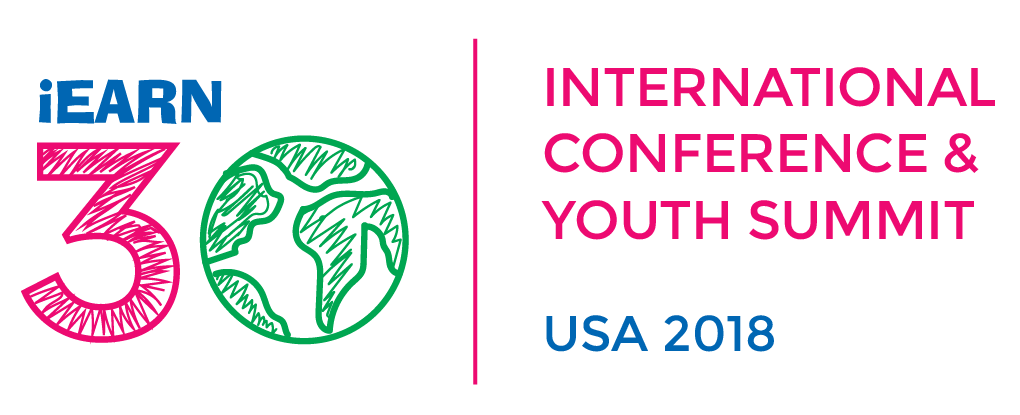Sessions
Global Partnerships Via STEM Learning at the iEARN Conference
Florentia Spires
Texas Tech University
Florentia Spires is currently a STEM Instructional Leader in Prince George’s County School System. She began her teaching career as a United States Peace Corps Volunteer serving in Southern Africa. This global experience catapulted her love for science teaching. For two years, Florentia also served as a Peace Corps trainer...Read Full Bio
Florentia Spires
Florentia Spires is currently a STEM Instructional Leader in Prince George’s County School System. She began her teaching career as a United States Peace Corps Volunteer serving in Southern Africa. This global experience catapulted her love for science teaching. For two years, Florentia also served as a Peace Corps trainer for incoming new volunteers. Florentia has taught for more than two decades.
Florentia is currently a PhD. candidate at Texas Tech University in Lubbock, Texas. Florentia has been selected for numerous prestigious awards. President Barack Obama honored her at the White House where she received the Presidential Award for Excellence in Mathematics and Science Teaching in 2013-2014. She served as an Albert Einstein Distinguish Educator Fellow at the National Science Foundation expanding computing in education in 2013-2014. She was also named the Helen DeVitt Fellow in 2013-2014 and a NASA Endeavor Fellow in 2011-2012. Florentia was selected in 2013-2014 as a NASA Master Teacher served on the National Physics Master Teacher Leader Taskforce in 2016. Florentia has co-authored Chapter 12 in the book EF (Einstein Fellows): Best Practices Book 2 Chapter 12. The book is scheduled for publishing in June 2018. The title of Chapter 12 is Twenty First Century Skills Inspired Through Global STEM Projects.
Session Description
The session will suggest start to finish implementation strategies to launching a successful STEM global project-based inquiry. In providing a step by step account of how to successfully execute a global STEM project, educators will walk away with supportive referenced tools to use. Some of the attention for a successful project will center around collecting and analyzing data to provide growth of students during a global project. The participants will also walk away with additional resources to plan and use immediately as participants return back to their schools.
What will educators learn and be able to do at the end of the session?
The presenter will share step-by-step procedures that support educators to build leadership for global education.
1. Introduction to Global Projects
2. Global STEM Citizens
3. Background of Five Conceptions
4. Authentic Projects
5. Logistics of a Global Project
6. Global Communication
7. Additional Considerations
8. STEM Collaboration
9. Global Contribution
Additional Session Information
Increasing the Science, Technology, Engineering, and Mathematics pipeline is essential for the U.S. to remain globally competitive. STEM serves as a useful vehicle for teachers to develop, implement, and hone youths’ skillset in an international arena. Global STEM helps provide youth with the implementation of 21st century skills that characterize global digital citizens. Global citizenship creates a real life awareness of the interdependence that promotes a sense of responsibility for community. Global science collaboration can be developed and implemented by novice and experienced educators nationally and internationally.
